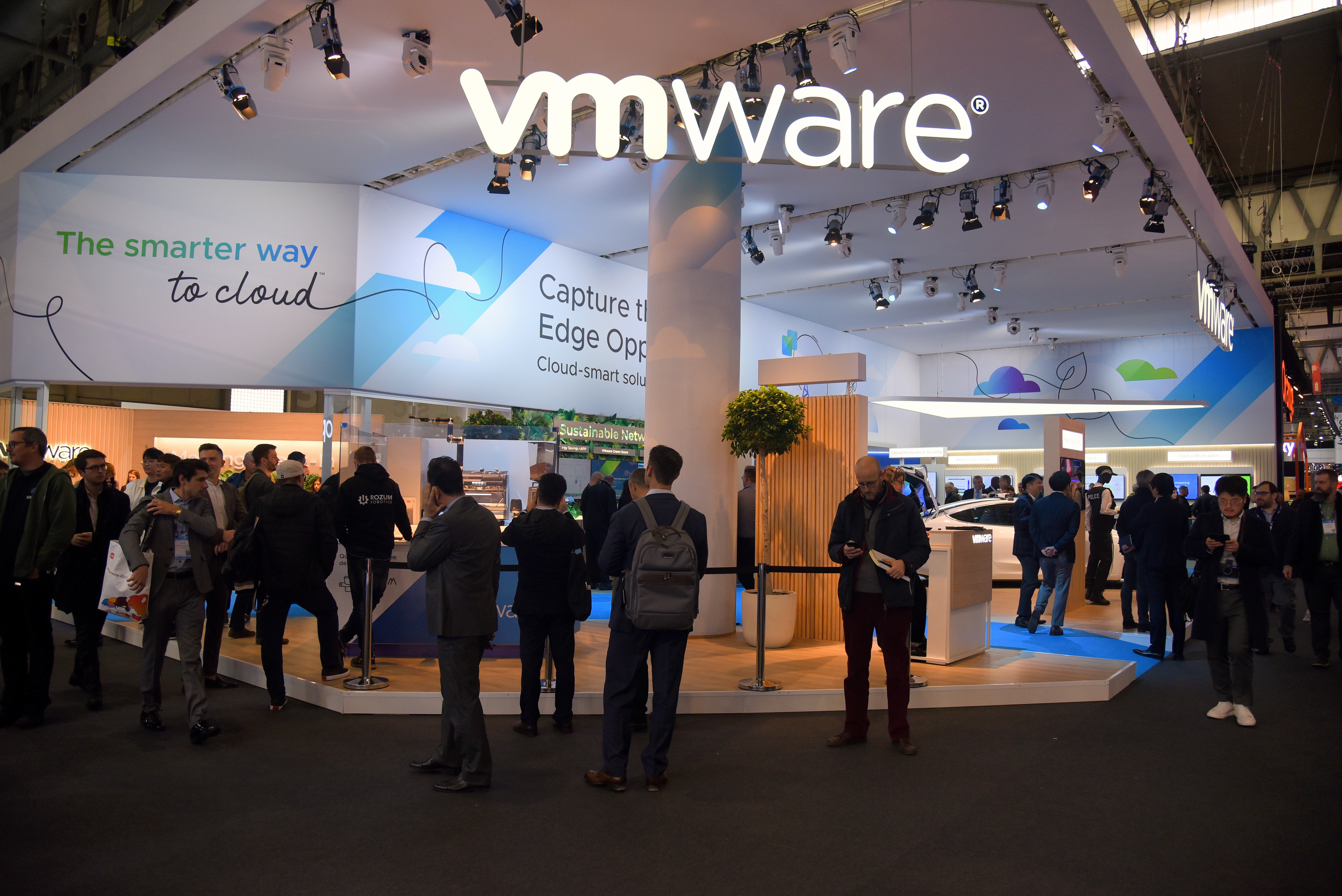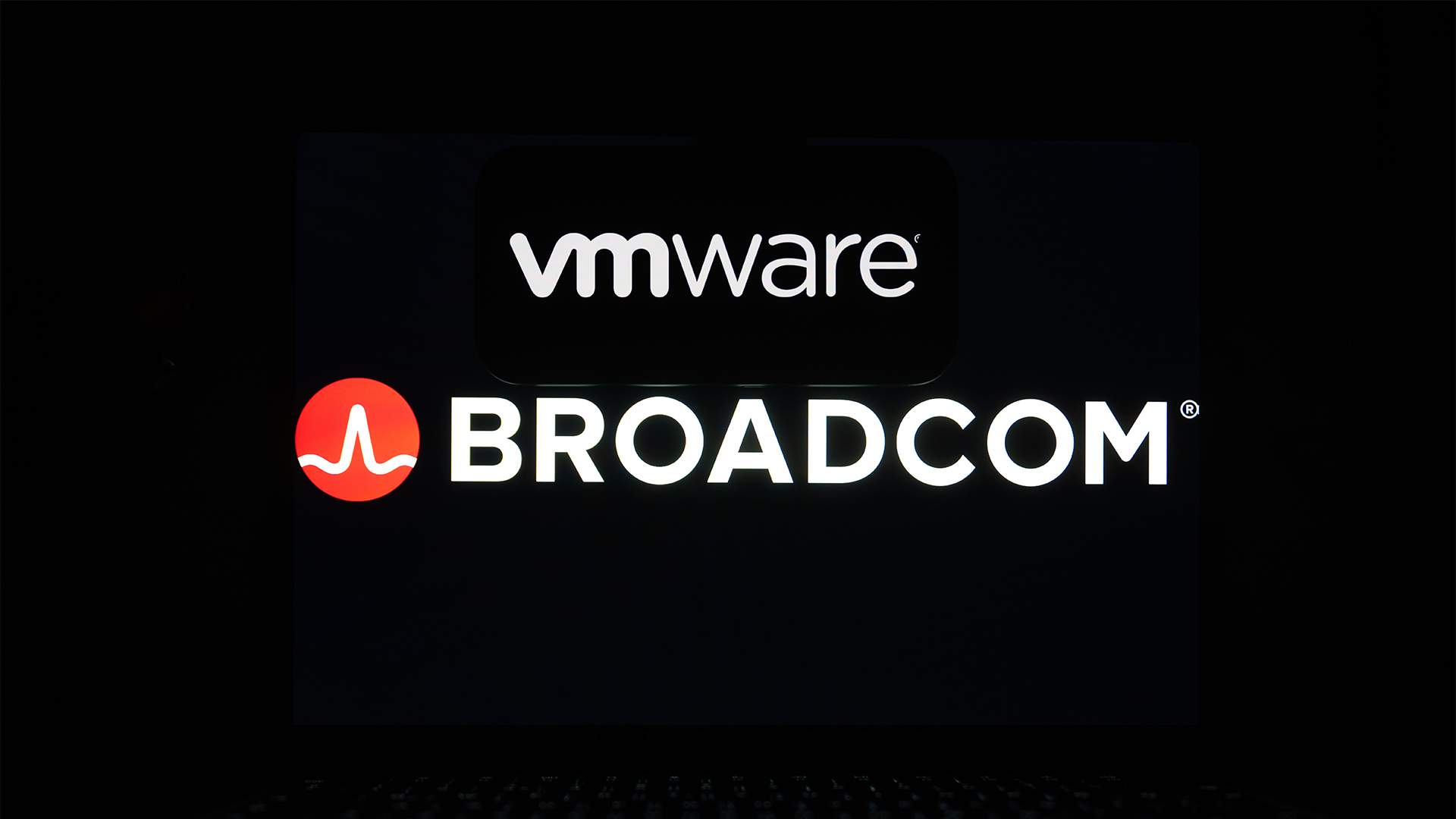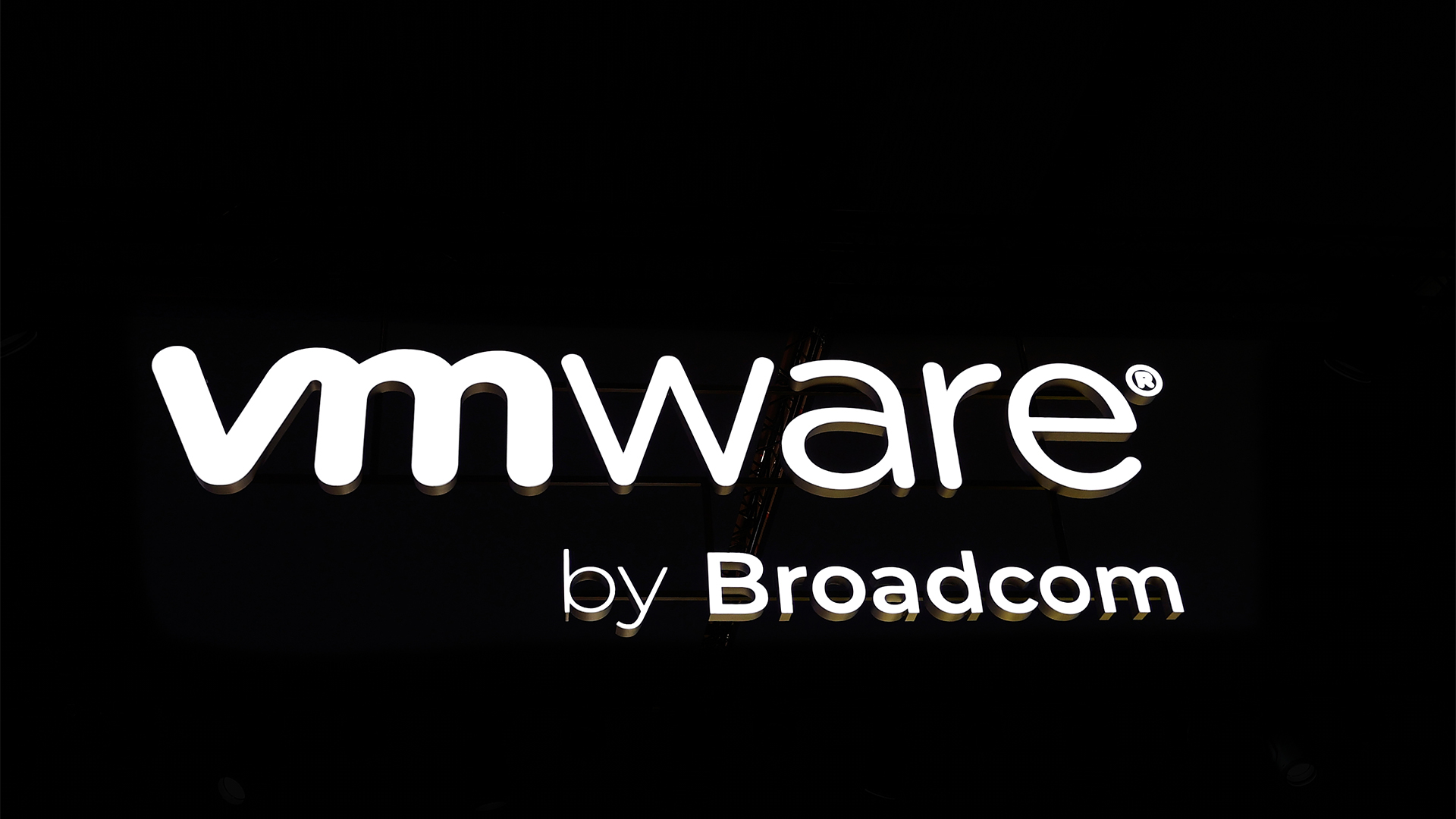VMware axes another SaaS product as Broadcom ramps up its relentless subscription model push
VMware's decision to axe a raft of its existing products has customers worried


VMware has announced its Aria SaaS offering is the latest victim of efforts to simplify its product lineup and boost subscription rates, and will be one of many SaaS solutions no longer offered as standalone products moving forward.
Over 50 other standalone cloud services from VMWare will no longer be available as individual licenses as parent company Broadcom pushes for a subscription-only, bundle-based business model.
Some of these products will be integrated into two new bundle packages, VMware Cloud Foundation, and VMware vSphere Foundation.
Cloud Foundation is billed as VMware’s flagship enterprise hybrid-cloud solution targeting large businesses, whereas vSphere Foundation is aimed at providing intelligent operations management solutions for their mid-sized to smaller customers.
But a number of VMware's services will not be carried over or replaced in either of VMware’s new Cloud Foundation and VSphere Foundation offerings, such as VMware Sphere+, vCentre Foundation, and the Cloud Director Service.
In December 2023, VMware announced it would be transitioning from a perpetual license to a subscription model, following its acquisition by Broadcom.
Customers will still be able to use the perpetual licenses they have purchased for products but will not be able purchase additional licenses once the product reaches end of availability.
Get the ITPro daily newsletter
Sign up today and you will receive a free copy of our Future Focus 2025 report - the leading guidance on AI, cybersecurity and other IT challenges as per 700+ senior executives
Touted as a “dramatic simplification of our product portfolio”, VMware claimed this shift was in line with customer and partner feedback calling for the company to reduce the complexity of its offers and go-to-market strategies.
VMware customers “anxious about where they stand”
Some analysts have claimed enterprise customers feel there has been a lack of clarity around the significant shift in operating models.
Speaking to ITPro, senior vice president EMEA at cloud computing company Nutanix, Sammy Zoghlami said Broadcom’s previous actions after acquiring companies has given customers cause for concern.
“What we’re hearing from many customers and prospects, especially among enterprises heavily invested in complex VMware environments, is that they are anxious about where they stand, given Broadcom’s track record in the wake of earlier takeovers”, he explained.
Zoghlami recounted two examples of the tech giant stripping recent acquisitions to the detriment of existing customers.
“Among customers, the fear that history is repeating itself is intense. Many will remember that, in 2018, Broadcom bought CA Technologies for $18.9 billion and immediately set about reducing its workforce. Chunks of the company were sold off to private equity, including its application security testing platform, Veracode” he said.
RELATED RESOURCE

Maximize the results of your AI initiatives
DOWNLOAD NOW
“Only a year later, customers saw a repeat performance following Broadcom’s purchase of Symantec’s enterprise security business for $10.7 billion. Bits of that business were also broken off and sold on. In line with that pattern, it has already been made clear that VMware End-User Computing (EUC) and Carbon Black business units will be divested.”
Another concern among VMware customers is changes to the company’s pricing model, with one executive at an investment management firm telling Zoghlami the change in business models will lead to a 2-5x price hike.
“One VMware customer, Phil Matuszak, technology services director of Kinship Trust Company LLC, has already bemoaned a switch away from perpetual licensing to annual subscriptions, leading to a 2-5x price hike”, Zoghlami told ITPro.
“We are being told that VMware customers want a level of choice, value and pricing certainty that they are no longer confident of getting.”

Solomon Klappholz is a former staff writer for ITPro and ChannelPro. He has experience writing about the technologies that facilitate industrial manufacturing, which led to him developing a particular interest in cybersecurity, IT regulation, industrial infrastructure applications, and machine learning.
-
 Bigger salaries, more burnout: Is the CISO role in crisis?
Bigger salaries, more burnout: Is the CISO role in crisis?In-depth CISOs are more stressed than ever before – but why is this and what can be done?
By Kate O'Flaherty Published
-
 Cheap cyber crime kits can be bought on the dark web for less than $25
Cheap cyber crime kits can be bought on the dark web for less than $25News Research from NordVPN shows phishing kits are now widely available on the dark web and via messaging apps like Telegram, and are often selling for less than $25.
By Emma Woollacott Published
-
 Broadcom records huge growth as CEO Hock Tan hails “successful integration” of VMware
Broadcom records huge growth as CEO Hock Tan hails “successful integration” of VMwareAnalysis The VMware acquisition is finally paying dividends for Broadcom
By George Fitzmaurice Published
-
 Broadcom EMEA CTO claims the company has been able to solve most of its customer issues following VMware acquisition
Broadcom EMEA CTO claims the company has been able to solve most of its customer issues following VMware acquisitionNews Joe Baguley says the firm has been walking customers through license changes and explaining the value of VMware
By George Fitzmaurice Published
-
 Cloud repatriation may be nipping at hyperscaler market share, but it’s a boon for VMware
Cloud repatriation may be nipping at hyperscaler market share, but it’s a boon for VMwareNews The firm’s private cloud offerings put it in a strong position to aid customers moving workloads out of the public cloud – but repatriation can’t be the only conversation
By George Fitzmaurice Published
-
 VMware Explore 2024 live: All the news and updates as they happen
VMware Explore 2024 live: All the news and updates as they happenLive Blog ITPro is live on the ground in Barcelona for VMware Explore 2024 – keep tabs on all the news, updates, and announcements in our rolling coverage
By George Fitzmaurice Last updated
-
 Pure Storage announces VM assessment service – and it could please beleaguered VMware customers
Pure Storage announces VM assessment service – and it could please beleaguered VMware customersNews The firm unveiled a new tool for managing VM costs as part of its Pure//Accelerate London 2024 event
By George Fitzmaurice Published
-
 Is a VMware exodus looming? Disgruntled customers are actively seeking alternative providers or exploring open source options in the wake of Broadcom’s acquisition
Is a VMware exodus looming? Disgruntled customers are actively seeking alternative providers or exploring open source options in the wake of Broadcom’s acquisitionNews VMware customers say they are seriously considering alternative providers in light of the turbulence and increasing costs that followed its acquisition by Broadcom
By Solomon Klappholz Last updated
-
 Broadcom wants to unlock private cloud’s potential with VMware Cloud Foundation 9
Broadcom wants to unlock private cloud’s potential with VMware Cloud Foundation 9News An emphasis on simplicity matched with improved customer controls underpins the latest VCF improvements
By Rory Bathgate Published
-
 VMware license changes could spark a wave of data center 'devirtualization'
VMware license changes could spark a wave of data center 'devirtualization'News The increased costs associated with Broadcom’s VMware acquisition is one of the key drivers behind this predicted shift
By George Fitzmaurice Published
